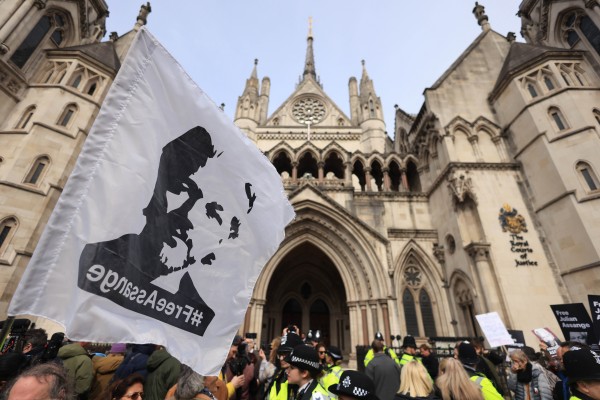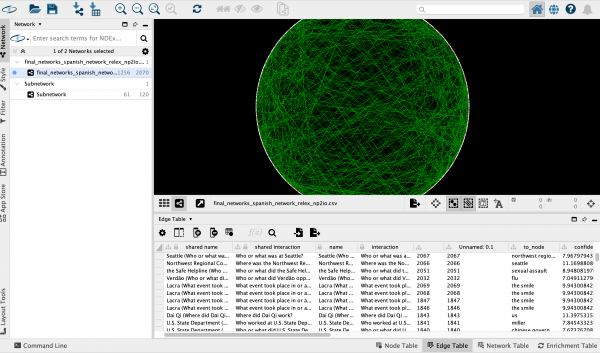A bill unveiled last week in the British Virgin Islands (BVI) that would punish the publishing of sensitive computer data with 20 years in prison should be amended to include a public-interest exception in order to avoid a chilling effect on legitimate journalistic activity, the International Press Institute (IPI) said today.
Under Section 13 of the proposed Computer Misuse and Cybercrime Act, anyone who publishes unlawfully obtained information from a “protected computer” – defined as containing data related to the national security, international relations, and “financial services businesses”, among others, of the BVI – faces up to 20 years in prison and/or a fine of US$1 million. In addition, anyone who publishes information irrespective of content “which he or she knows or ought reasonably to have known” was illegally obtained from a computer risks 15 years in prison and/or a fine of US$500,000.
The strictest punishments are reserved for those who actually obtain data from computers without authorisation. Section 9 punishes the copying, transferring, or sharing of data “held in any computer for a specified or general lawful purpose” with 20 years in prison and/or a fine of US$1 million. This punishment is trebled if the data in question come from a “protected” computer, resulting in a potential prison term of 60 years and a fine of US$3 million.
The tabling of the bill comes just weeks after the International Consortium of Investigative Journalists (ICIJ), in cooperation with The Guardian (UK), revealed that relatives of China’s political leaders were secretly storing wealth in BVI offshore corporations. This and similar reports published by ICIJ over the past year relied on secret files leaked from financial-services firms.
If approved by the BVI House of Assembly, the act would apply to “any person … within or outside the Virgin Islands” using computer data either in the Virgin Islands or located somewhere else but “related to data regarding a national security matter or a financial services business [of BVI]”.
“While the protection of privacy and secrecy can be a reasonable government aim, we fear that the wide net cast by this bill could lead to the criminalisation of legitimate journalistic activity in the British Virgin Islands,” IPI Press Freedom Manager Barbara Trionfi said. “It is vital that the House of Assembly amend the Computer Misuse and Cybercrime Bill to include a clear exception for information in the public interest, as journalists must be free to report on issues that affect democratic accountability.”
Trionfi noted that the bill not only punishes the dissemination and publication of child pornography less harshly – 10 years in prison or a fine of US$250,000 -but also provides what is essentially a public-interest exception, exempting pornographic material used for a “bona fide scientific, research, medical or law enforcement purpose.”
“It is not clear why the bill declines to provide the same kind of public-interest guarantee for the use of computer data even though it is easy to imagine how information about such data could be publicly relevant,” she said.
Trionfi added: “We are also concerned that the disproportionately harsh punishments foreseen by this bill, as well as a lack of specificity as to which information is protected, will contribute to a dangerous chilling effect on the media.”
In a 2004 joint declaration on public secrecy laws, the freedom-of-expression rapporteurs of the Organization of American States, the Organization for Security and Co-operation in Europe, and the United Nations stated that “journalists and civil society representatives should never be subject to liability for publishing or further disseminating this [legally secret] information, regardless of whether or not it has been leaked to them, unless they committed fraud or another crime to obtain the information.”
The statement also called on states to “indicate clearly the criteria which should be used in determining whether or not information can be declared secret” and established that whistleblowers should be protected from criminal liability if they acted in “good faith.”
Although the present bill affects both public and private secrecy, IPI urges the BVI to take account of these principles, in addition to introducing freedom-of-information legislation to guarantee the right of its citizens to access public information.



